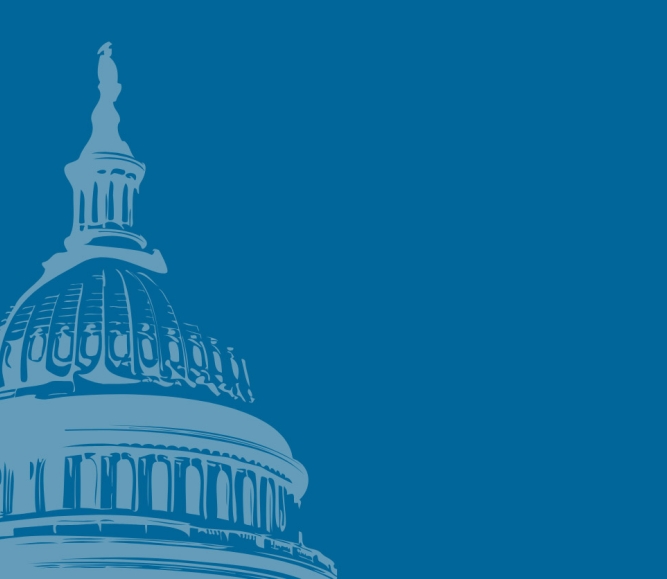Senate Finance Committee releases draft legislation on mental health care integration
Author

Blaire Bryant
Upcoming Events
Related News

Key Takeaways
On November 10, the U.S. Senate Finance Committee, led by Chair Ron Wyden (D-Ore.), Ranking Member Mike Crapo (R-Idaho) and Sens. Catherine Cortez Masto (D-Nev.) and John Cornyn (R-Texas), released a discussion draft of bipartisan legislation that would improve care integration of mental and physical health care services, expand access to crisis care and instate follow-up services to provide long-term treatment to those in need.
Policies included in the discussion draft would increase payment rates to help providers integrate behavioral health and primary care, create standardized and bundled payment systems in Medicare for mobile crisis response and stabilization services and make mobile crisis intervention a permanent option in state Medicaid programs. Additionally, the draft calls upon the Centers for Medicare & Medicaid Services (CMS) to conduct an analysis of behavioral health integration models, inform states of best practices for building a crisis care continuum financed by Medicaid and provide funding for technical assistance for providers seeking to integrate behavioral health and primary care.
The full text of the discussion draft is available here.
This discussion draft on mental health integration is the fourth legislative draft the committee has released with others focused on telehealth, youth mental health and expanding the mental health care workforce. A final outstanding draft addressing mental health parity, which would round out the five key focus areas identified by the committee earlier this year, is still pending release. The package is slated for completion during the lame-duck session of the 117th Congress, with Committee leaders eying the end-of-year spending bill as a likely vehicle for passage.
NACo recently sent a letter signed by a bipartisan group of nearly 150 county elected officials calling on Congress to pass key county priorities in an end-of-year behavioral health legislative package. Counties support the policies included in Senate Finance’s discussion drafts, particularly bolstering the behavioral health workforce, expanding local crisis response capabilities through Medicaid and enforcing equal coverage of mental health and substance use disorder.
NACo stands ready to work Congress to advance these priorities in the Fiscal Year (FY) 2023 omnibus or any other legislative vehicle before the end of the year.
Additional Resources
- NACo Blog: Nearly 150 County Officials Sign-Onto NACo’s Behavioral Health Advocacy Letter to Congress
- Behavioral Health Matters to Counties
- NACo Policy Brief: Fund Local Crisis Response Efforts
- NACo Policy Brief: Enhance Counties' Ability to Prevent and Treat Mental Illness and Substance Abuse Disorders
Resource
Fund Local Crisis Response Efforts

Related News

Drug tracking software helps counties identify trends, save lives
Florida counties are using an artificial intelligence tool called Drug TRAC to track and report drug trends, with the aim of providing quicker outreach and saving lives.

White House Executive Order establishes national substance use disorder response
On January 29, the White House issued an Executive Order (EO) establishing the Great American Recovery Initiative, a new federal effort aimed at coordinating a national response to substance use disorder (SUD).

USDA and HHS release new dietary guidelines
On January 7, U.S. Department of Agriculture Secretary Brooke Rollins and U.S. Department of Health and Human Services Secretary Robert F. Kennedy, Jr. unveiled the new Dietary Guidelines for Americans, 2025–2030.